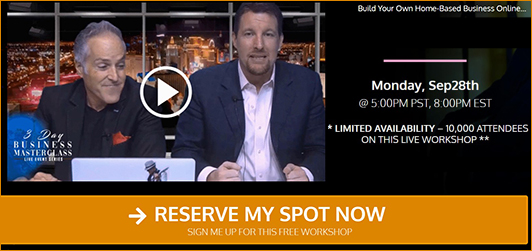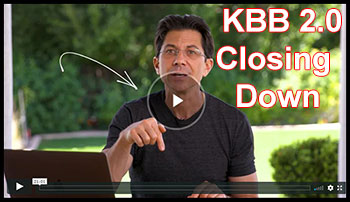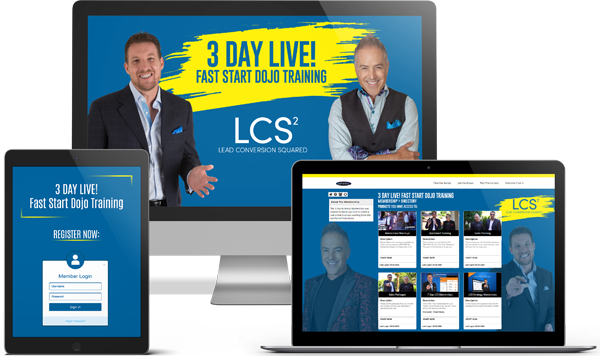A Detailed Lead Conversion Squared Review (LCS2 Review)

- Product Name: Lead Conversion Squared (LCS2)
- Coaches: Chad Nicely & Daven Michaels
- FREE 3 Day Business Masterclass <<< Watch it now for Free
- Official Cart Page >>> GetLCS.com
- Price: $997
- Verdict: 100% Worth It.
Gus the 3 Day Business Masterclass Live Event Series from Daven Michaels and Chad Nicely is only available from 28th to 30th of September. Don’t miss it for any reason. Follow the link below to lock your spot for the 3 Day Business Masterclass Live Event. For the full LCS2 Review scroll below.
LCS2 Review
Any online business is looking for ways to increase their leads and conversion so as to boost their profits. However, the problem is that many lead generation programs and techniques do not seem to work as promised. Also, some are too complicated for an ordinary marketer.
However, there are a few that do work, and today we will focus on one upcoming program that has gained popularity lately- Lead Conversion Squared or LCS2.
In this review, we will cover everything you need to know about this program.
Our Lead Conversion Squared System review is meant to help you make an informed decision regarding whether to purchase this program or not.
Let’s get started.



